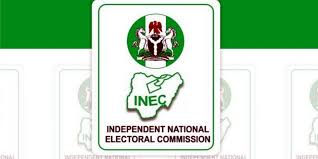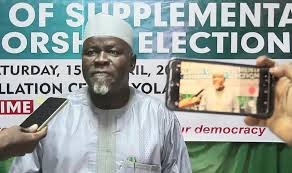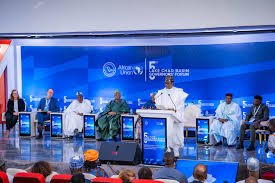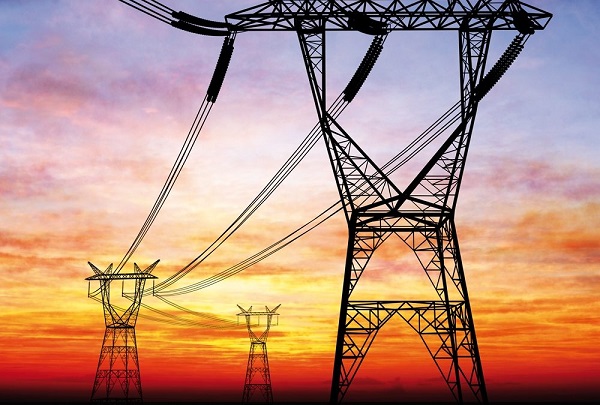The Independent National Electoral Commission (INEC) has released the 2023 election report, indicating the need to improve election technologies, particularly the Bimodal Voter Accreditation System (BVAS).
A statement by the National Commissioner and Chairman of the Information and Voter Education Committee, Sam Olumekun, said the advanced technologies will address public concerns about the INEC Result Viewing (IReV) portal.
The report published on its website on Friday, February 23, outlines various pre-2023 general election activities, including off-cycle, bye-election, and re-run elections held between August 2019 and July 2022.
Parts of the report said; “there was the challenge, from December 2019 to late 2020, of conducting some of these elections in the context of the global COVID-19 Pandemic that tasked the Commission to develop a policy on conducting elections within the prevailing atmosphere of the pandemic and develop innovations to meet the public safety exigencies in line with advisories by national and global health authorities.
“Also, several other innovations by the Commission in the 2019-2022 period peculiarly made the 2023 General Election unique. It was the first general election to be conducted after the amendment of the Electoral Act 2022.
“Furthermore, the Presidential and National Assembly election, for the first time in two Electoral Cycles 2010-2015 and 2015-2019, was held on schedule without postponement as a result of logistics or other challenges.
“In keeping with our tradition over the last four electoral cycles, and our commitment to transparency, we are pleased to announce the release of the official INEC report on the 2023 General Election.
The comprehensive 526-page document, structured into 13 chapters and enhanced with 60 tables, 14 boxes and 10 graphs, offers an in-depth analysis of the election’s key processes, achievements, and challenges.
Other aspects covered in the report include; logistics, security arrangements, staff recruitment and training, inclusivity measures, and the electoral framework.
“This election saw four political parties winning gubernatorial races, seven parties winning senatorial seats, eight in federal constituencies and nine in State legislatures, illustrating a broad shift in political representation across Nigeria.” the statement added.
























